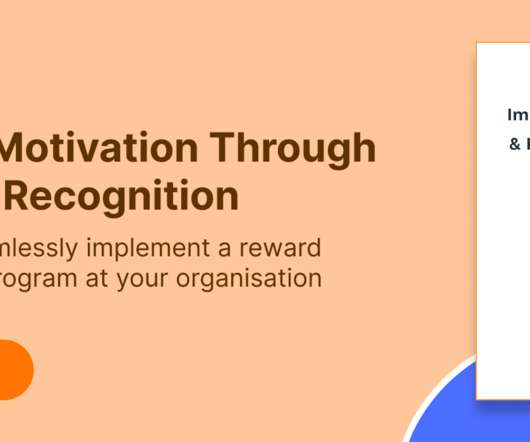Employee Relationships is a Serious Employer Responsibility
HR Digest
SEPTEMBER 14, 2023
Resources indicate that the term “employee relations” started to gain popularity around 2006 when, according to CIDP , the meaning began to shift from the industrial relations understanding of employees as a collective whole , and instead emphasize the focus on individual employees.















Let's personalize your content